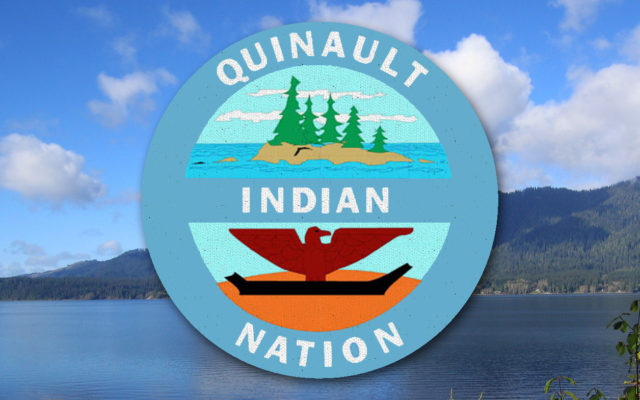QIN joins in lawsuit against EPA; states their fish intake higher than other groups

The Quinault Indian Nation has joined in a lawsuit against the Environmental Protection Agency regarding a rollback of clean water protections in Washington.
In a release, the nation announced that they have filed as an intervenor in the State of Washington’s lawsuit defending clean water standards. They say that these standards are intended to protect human health and limit the amount of toxic pollution found in fish that are a dietary staple of Quinault Nation tribal members.
BY joining the lawsuit, the nation officially joins in support of the State of Washington’s lawsuit that challenges a decision by the U.S. Environmental Protection Agency (EPA) to reverse 2016 clean water standards.
Attorney General Bob Ferguson wrote in June that the proposed updates establish limits on a range of nearly 200 pollutants dangerous to human health, such as arsenic, asbestos, mercury and lead.
He ads that these These standards are intended to minimize the risk of cancer caused by consuming fish, shellfish and untreated water from state waterways. The pollutant limits are calculated with an equation that factors in, among other things, how much fish or untreated water a Washingtonian might consume from state waters.
The Nation states that their members consume fish at a higher rate than the fish consumption standard employed by EPA in its May 10, 2019 decision, and the EPA’s decision will increase exposure of the Nation’s members to elevated levels of cancer-causing toxins “and undermine the Nation’s ability to provide for its members’ health and welfare”.
“Fish and shellfish are at the center of our diet, religion, economy and every aspect of our life,” said Quinault Nation President Fawn Sharp. “The EPA’s attempt to rollback protections for our health and clean water is an affront to the Quinault people and a violation of our treaty rights. If eating the fish we catch exposes us to quantities of toxins known to cause cancer and other severe health conditions our treaty rights amount to little more than an empty promise.”
Sharp added, “The EPA’s decision also threatens the health and livelihoods of non-tribal families across the Grays Harbor region where fishing commercially, for sport, and for subsistence is central to the economy and where eating fresh local fish and shellfish is a celebrated part of what makes living in this region special and unique”.
The Quinault Nation’s motion to intervene also charges that EPA is in violation of the treaty between the Nation and the United States for failing to undertake government-to-government consultation with the Nation before making its decision.



